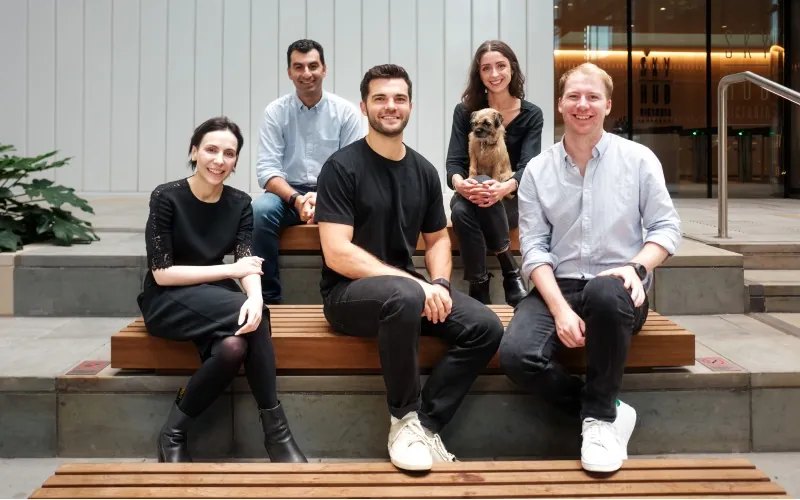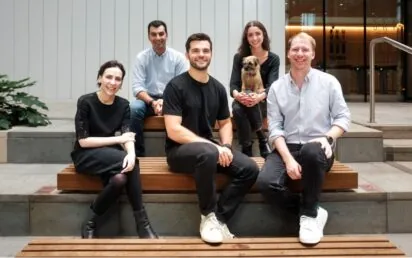Omnea has raised more than £15 million in Series A funding to make procurement painless and give companies greater control over their spend.
Accel led the round, with participation from existing investors First Round Capital and Point Nine, who led a previously unannounced $5m seed round.
Omnea is also backed by angel investors David Clarke (former CTO of Workday), Claire Hughes Johnson (former COO of Stripe), and Anne Raimondi (COO of Asana).
The company’s revenue has grown eightfold in the last year.
In recent years, procurement has become increasingly decentralised, with legal, security, finance, ESG and governance considerations to factor into every purchase. It currently takes an average of six months and the involvement of upwards of 11 stakeholders for a tool to move from identification to final purchase.
This delay often pushes exasperated employees to disregard the procurement process, resulting in unnecessary supplier risk and ‘shadow IT’. At the same time, the ongoing sprawl in tools and suppliers is creating wasted spend and inefficiency.
Research suggests that technology companies have an average of 125 tier-one suppliers that usually need to be reviewed on at least an annual basis—a time-consuming manual process that is often neglected, leading to wasted money every year with unnegotiated contracts, missed renewals, and underutilised suppliers.
Omnea was founded in 2022 by Ben Freeman and Ben Allen to fix this frustrating and broken process with a scalable and easy-to-use procurement platform. The former experienced these challenges in his former role as US GM and head of international growth at cybersecurity leader Tessian.
The platform manages and automates a company’s full supplier lifecycle across both spend and risk management. Its platform increases the strength of a company’s spend controls by automating procurement processes through no-code workflows.
Everyone involved – whether the requestor, legal, finance, information security or IT teams – gets a custom experience and only has visibility of the information they need to review. This saves them time and money while preventing information security and compliance headaches.
With clients across Europe, North America, and APAC, Omnea already counts numerous industry leaders like AlphaSights, McAfee, Onfido, and TeamViewer as customers.
The company will use the funding to triple its headcount by the end of 2025, investing in both the R&D and go-to-market teams as well as opening US offices.
“Procurement is fundamentally broken, making it one of the least-loved processes in businesses today,” said Freeman. “Finance and procurement leaders are fed up with seeing duplicative suppliers, missed renewals, and manually managed procurement processes.
“Omnea is meeting a critical need for companies of all sizes to get full control over their suppliers – not just in terms of spend, but also through the lens of information security and governance.
“We’ve seen significant early demand, and with our new AI capabilities and third-party risk management offering, we’re the only company in the space truly automating the full supplier lifecycle.
“We’re delighted to announce today’s funding so we can continue on our mission to take the pain out of procurement and supplier management once and for all.”
Sonali De Rycker, partner at Accel, said: “Business customers today are frustrated with traditional procurement software. Products are clunky and disjointed, generating numerous inefficiencies and unnecessary fees.
“We believe Omnea’s approach to procurement automation and orchestration is compelling and has the potential to redefine this multi-billion dollar category. It’s also exciting to partner once again with Ben, having gotten to know him and a number of the team well as a result of our early investment in Tessian.
“Having already attracted some of the UK’s most ambitious early-stage operators, we’re looking forward to seeing the Omnea team’s continued growth.”


